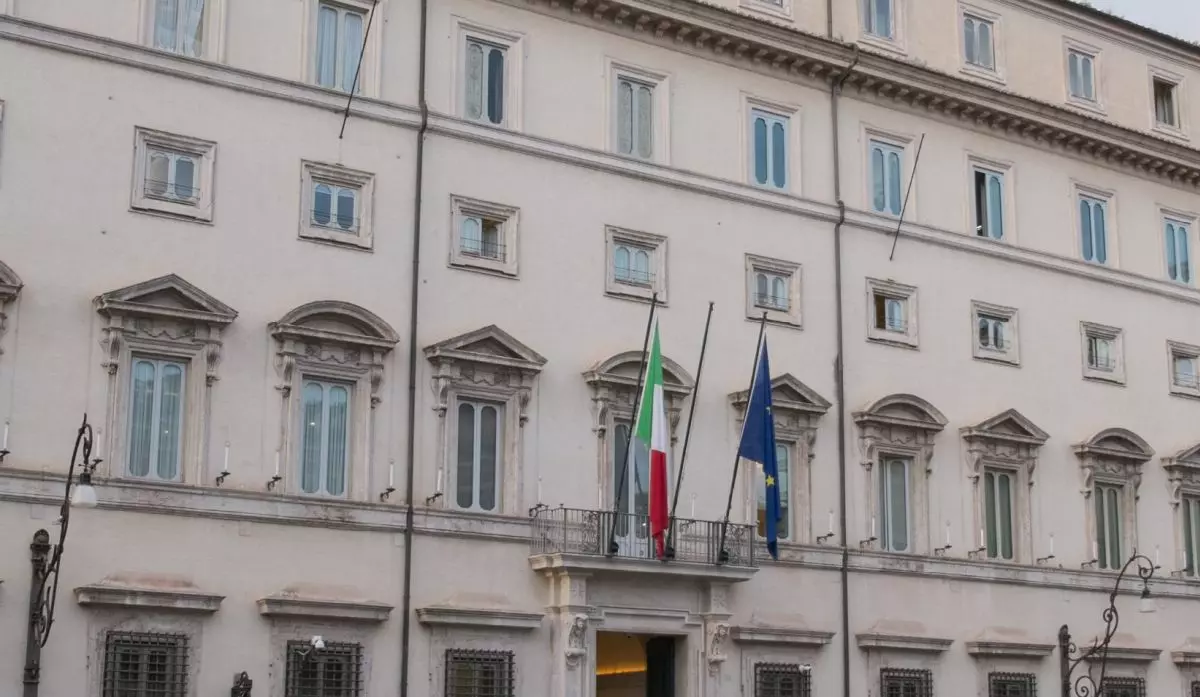ROME (ITALPRESS) – The Council of Ministers today adopted the “citizenship package,” a set of legislative measures proposed by the Ministry of Foreign Affairs and International Cooperation to reform citizenship regulations.
According to a Farnesina note, the goal of the measures adopted today is to enhance the effective link between Italy and the citizen abroad. Foreign Minister Antonio Tajani clarified that “the principle of ius sanguinis will not be lost, and many descendants of emigrants will still be able to obtain Italian citizenship, but precise limits will be set especially to avoid abuse or phenomena of “commercialization” of Italian passports. Citizenship must be a serious matter.”
In fact, the countries of major Italian emigration had a sharp increase in citizenship recognition in recent years. From the end of 2014 to the end of 2024, citizens residing abroad increased from about 4.6 million to 6.4 million-a 40 percent increase in 10 years. There are more than 60,000 pending court cases for citizenship determinations.
For example, Argentina went from about 20,000 in 2023 to 30,000 awards as early as the following year. Brazil went from over 14,000 in 2022 to 20,000 last year; Venezuela had nearly 8,000 recognitions in 2023. Italian oriundi worldwide who could apply for citizenship recognition under current law are potentially between 60 and 80 million.
The reform will free up resources to make consular services more efficient, to the extent that they can dedicate themselves exclusively to those who have a real need by virtue of their concrete connection with Italy. In fact, the current system has an impact on the efficiency of Italian administrative or judicial offices, which are put under pressure by those who travel to Italy only in an attempt to speed up the process of citizenship recognition, also fueling fraud or malpractice.
In order to achieve this goal, a two-step process is being carried out: some rules come into effect immediately by decree-law, and thereafter, there is a comprehensive reform of substantive requirements and procedures regarding citizenship.
The decree-law approved today stipulates that Italian-descendants born abroad will automatically be citizens for only two generations: only those who have at least one parent or grandparent born in Italy will be citizens from birth. In the second phase, a first bill, also approved today, will introduce further and more in-depth substantive changes to the citizenship law.
First and foremost, citizens born and residing abroad are required to maintain real ties with our country over time, exercising the rights and duties of a citizen at least once every 25 years. The reform is complemented by a second bill that also revises the procedures for the recognition of citizenship. Residents abroad will no longer apply to consulates, but to a centralized special office at the Farnesina. There will be a transitional period of about one year for the organization of the office.
The intent is to make procedures more efficient, with obvious economies of scale. Consulates will have to focus on providing services to those who are already citizens and no longer on “creating” new citizens. Finally, the measure contains other measures to improve and modernize the delivery of services: legalizations, registry offices, passports, and identity cards valid for expatriation. In addition, organizational measures are planned to put the structure of the Farnesina increasingly at the service of citizens and businesses.
For Deputy Prime Minister and Foreign Minister Antonio Tajani, this is a “very important reform that aims to strengthen the link between those who want to be Italian citizens and Italy. Being an Italian citizen is a serious thing, the granting of citizenship is a serious thing, unfortunately there have been abuses and requests for citizenship that went a bit beyond the interest in our country.”
– IPA Agency Photos –
(ITALPRESS).

